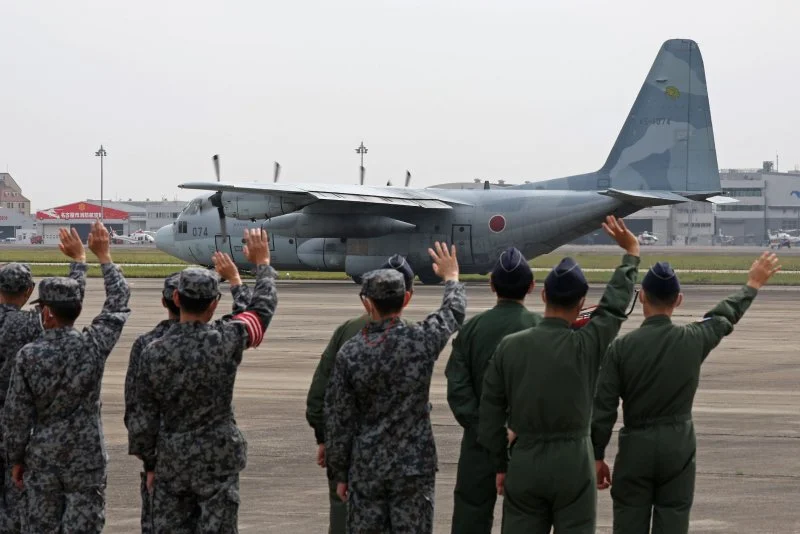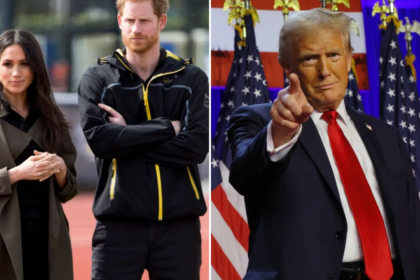Diplomats and nationals from several countries, including the UK, US, France, and China, are being evacuated from Sudan by air as the fighting there continues. This was confirmed by a statement from the Sudanese army. Army chief Fattah al-Burhan agreed to facilitate and secure their evacuation “in the coming hours”, it said.
The country’s leader is locked in a bitter power struggle with the leader of a rival paramilitary faction, the Rapid Support Forces. Saudi Arabia has confirmed that it had evacuated over 150 people from Sudan on Saturday. Among those evacuated to Jeddah were diplomats and international officials, according to the Saudi Arabian foreign ministry. It also added that it had safely transported 91 Saudi Arabian citizens, as well as 66 others from various other countries including Qatar, Pakistan, the UAE, and Canada.
It is unclear where in Sudan they were evacuated from. Meanwhile, the UK government said it was preparing for “a number of contingencies”. But fierce fighting in the city center on Saturday made it unclear how evacuations from Khartoum’s airport could take place. People in Khartoum who have been speaking to the BBC described intense fighting in the city center on Saturday.
A statement from the Sudanese army said British, US, French, and Chinese nationals and diplomats would be evacuated by air on board military transport planes from the capital, Khartoum. The UK government said it was “doing everything possible to support British nationals and diplomatic staff in Khartoum”. It said its defense ministry was working with the foreign office to prepare for a number of provisions, without specifying whether immediate evacuations were among those plans.
UK Prime Minister Rishi Sunak chaired a Cobra meeting, an emergency response committee, on Saturday morning about the situation in Sudan. A British citizen in Khartoum told the BBC she felt “completely abandoned” by the British government, adding that she had not been given “much information at all” about possible plans to be evacuated.
The conflict has entered its second week despite both sides – the army and the RSF – agreeing to a three-day ceasefire to mark the Muslim holiday of Eid al-Fitr, starting from Friday. But fighting continued on Saturday. Fierce street battles erupted in Khartoum on 15 April after disagreements emerged between the leaders of both sides – General Burhan and the RSF’s Mohamed Hamdan “Hemedti” Dagalo – over how Sudan should be run.
They both held top positions in Sudan’s current military government, formed after the 2019 coup that ousted long-time leader Omar al-Bashir. They were supposed to merge their forces, but the RSF resisted this change, mobilizing its troops which escalated into full-scale fighting last week. The World Health Organization says more than 400 people have been killed, and thousands of people, mainly civilians, have also been injured, with medical centers under pressure to deal with the influx of patients.
Along with Khartoum, the western region of Darfur, where the RSF first emerged, has also been badly affected by the fighting. The UN has warned that up to 20,000 people – mostly women and children – have fled Sudan to seek safety in Chad, across the border from Darfur. The situation in Sudan remains tense, and it is unclear when the conflict will end.




